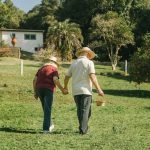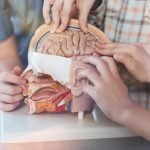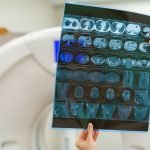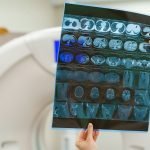Next-gen CAR-T therapy reduces deadly brain cancer fast
In a new study published in the New England Journal of Medicine, researchers from the Mass General Cancer Center have found promising results from...
Depth camera and walking patterns can help detect early signs of cognitive decline
In a new study, researchers have found a new way to detect early signs of cognitive decline in older adults by analyzing how they...
How fatty foods before surgery could affect your memory
Recent research from The Ohio State University has found that eating foods high in fat just days before undergoing surgery could lead to memory...
New sensor can detect cognitive change in older drivers early
In the United States, a significant number of older adults continue to drive, despite many facing the challenges of mild cognitive impairment—a condition that...
Scientists find big cause of brain fog in long COVID
In a big breakthrough, a team of scientists from Trinity College Dublin, along with researchers from FutureNeuro, has made a discovery that could fundamentally...
Scientists find the cause of memory problems after brain injuries
A recent study delves into the challenges faced by individuals with acquired brain injuries (ABI) when it comes to memory recall, shedding light on...
Scientists develop first 3D-printed brain tissue for research
Scientists at the University of Wisconsin–Madison have made a big leap in brain research. They've created the first 3D-printed brain tissue that acts just...
Playing a musical instrument or singing in a choir may boost your brain –...
Generations of parents have told their children to practice their musical instruments.
Parents have good reason to keep on top of their children’s musical education,...
New brain imaging breakthrough for detecting mild brain injuries
Researchers have made a significant leap in brain injury diagnosis with a novel brain imaging method.
This new technique is especially useful for detecting mild...
Father’s journey with glioblastoma inspires son to become neurosurgeon
Three years after losing his father to brain cancer, a resident at University of Michigan Health is practicing neurosurgery in his honor — and...










